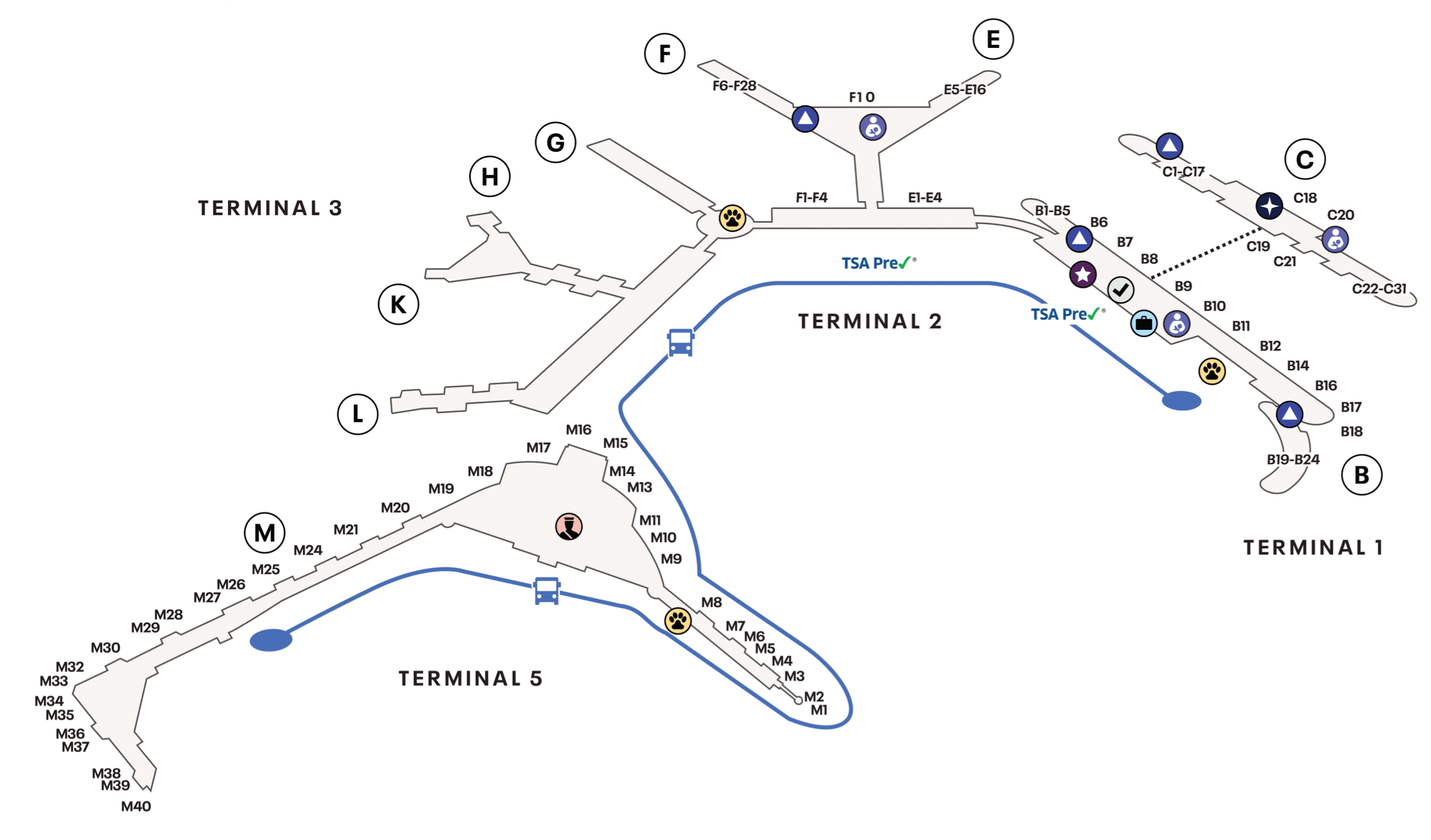Holstein Kiel Relegated After Single Season In Bundesliga

Table of Contents
Insufficient Offensive Power: A Lack of Goals Dooms Kiel
Holstein Kiel's struggles in front of goal were a significant factor in their relegation. Their attacking prowess simply wasn't potent enough to compete at the Bundesliga level. The team's low goal-scoring tally compared to other teams highlighted a glaring weakness. Their inability to consistently find the back of the net ultimately sealed their fate.
- Low number of goals scored throughout the season: Kiel's goals-per-game average was significantly lower than the league average, placing them firmly at the bottom of the table in terms of offensive output. This lack of consistent goalscoring severely hampered their chances of securing crucial points.
- Inability to convert chances into goals: While Kiel managed to create opportunities, their finishing was often poor. The team struggled to capitalize on promising situations, missing key chances that could have swung the momentum of several matches. This inefficiency in front of goal proved costly.
- Lack of a prolific striker: The absence of a reliable, high-scoring striker was a major contributing factor. The team lacked a consistent goalscorer capable of providing the firepower needed to compete in the Bundesliga. This weakness was consistently exploited by opposing defenses.
- Comparison of their goals-to-games ratio with other relegated and surviving teams: A direct comparison with other teams revealed a stark difference. Relegated teams generally shared similar low goals-to-games ratios, while teams that survived demonstrated significantly higher offensive production. This data clearly points to Holstein Kiel's offensive shortcomings as a primary reason for their relegation.
Defensive Vulnerability: A Leaky Defense Couldn't Hold the Line
Holstein Kiel's defensive frailties proved just as problematic as their offensive struggles. The team conceded an alarming number of goals throughout the season, highlighting a critical weakness in their overall strategy. Defensive errors were a recurring theme, often leading directly to goals and costing valuable points.
- High number of goals conceded: The sheer number of goals conceded by Kiel significantly exceeded the league average, placing them amongst the worst defensive teams in the Bundesliga. This defensive vulnerability exposed a serious lack of stability at the back.
- Consistent defensive errors leading to goals: Individual mistakes, poor communication, and lapses in concentration resulted in numerous goals conceded, often at crucial moments in matches. These errors highlighted a lack of cohesion and discipline within the defensive unit.
- Lack of organization and communication in defense: The defensive line often appeared disorganized, lacking the necessary communication and coordination required to effectively handle opposing attacks. This lack of synergy consistently left gaps for the opposition to exploit.
- Analysis of individual defensive player performances: Individual player analysis revealed inconsistent performances across the backline, highlighting a lack of overall defensive stability. This inconsistency undermined the team's efforts to maintain a solid defensive structure.
Squad Depth and Injuries: A Thin Squad Under Pressure
Injuries and a lack of squad depth severely impacted Holstein Kiel's performance throughout the season. The absence of key players due to injury exposed a lack of sufficient replacements within the squad. This thin squad struggled to cope with the demands of the Bundesliga.
- Key injuries to starting players: Several key players suffered significant injuries, disrupting the team's rhythm and forcing significant changes to the starting lineup. These injuries severely impacted the team's overall consistency.
- Lack of sufficient replacements within the squad: The lack of suitable replacements for injured players exposed a critical weakness in squad depth. The team lacked the quality and experience to maintain its performance levels when key players were sidelined.
- The impact of injuries on team morale and consistency: The constant disruptions caused by injuries negatively affected team morale and consistency. The need for frequent lineup changes destabilized the team's dynamics and hindered its overall performance.
- Comparison of Kiel's squad size and quality to other Bundesliga teams: A comparison with other Bundesliga teams revealed that Holstein Kiel's squad size and overall quality were significantly lower, underscoring the importance of squad depth in competing at the highest level.
Tactical Challenges and Managerial Decisions
Holstein Kiel's tactical approach and managerial decisions played a crucial role in their relegation. The team's strategy, while effective in the 2. Bundesliga, proved inadequate against the stronger opposition in the top flight.
- Analysis of Holstein Kiel’s tactical approach throughout the season: Their tactics often failed to exploit the weaknesses of their opponents, and they struggled to adapt their approach when facing different styles of play.
- Evaluation of managerial decisions and their impact on the team’s performance: Managerial decisions, including team selection and in-game substitutions, sometimes seemed questionable, further contributing to the team's struggles.
- Comparison of their tactical approach with other successful and unsuccessful Bundesliga teams: Comparing Kiel's tactics to those of successful and unsuccessful teams revealed a lack of sophistication and adaptability in their approach.
- Impact of potential managerial changes during the season: Any managerial changes during the season likely added to the instability and disruption within the team, hindering their ability to establish a consistent and effective playing style.
Conclusion
Holstein Kiel's relegation after just one season in the Bundesliga highlights the significant challenges of competing at the highest level. Their struggles in attack, defensive vulnerabilities, squad depth issues, and potentially tactical shortcomings all contributed to their swift return to the 2. Bundesliga. While this season was a setback, the future of Holstein Kiel isn't written. Follow their journey back to the Bundesliga and see if they can learn from their mistakes and make a stronger return. Stay tuned for updates on Holstein Kiel's progress in the 2. Bundesliga and their future aspirations in the German football landscape. Their Bundesliga return is a goal worth watching them pursue.

Featured Posts
-
 Analyzing The Rivalry Why United And American Airlines Vie For Chicago O Hare
May 12, 2025
Analyzing The Rivalry Why United And American Airlines Vie For Chicago O Hare
May 12, 2025 -
 Selena Gomez And Benny Blanco Accidental Intimate Life Reveal
May 12, 2025
Selena Gomez And Benny Blanco Accidental Intimate Life Reveal
May 12, 2025 -
 Nsfw Slip Up Selena Gomez And Benny Blancos Candid Conversation
May 12, 2025
Nsfw Slip Up Selena Gomez And Benny Blancos Candid Conversation
May 12, 2025 -
 Sylvester Stallones Avoided Disaster The Crime Thriller Sequel That Wasnt
May 12, 2025
Sylvester Stallones Avoided Disaster The Crime Thriller Sequel That Wasnt
May 12, 2025 -
 Analysis Toyotas Significant Losses Due To Trump Era Tariffs
May 12, 2025
Analysis Toyotas Significant Losses Due To Trump Era Tariffs
May 12, 2025
